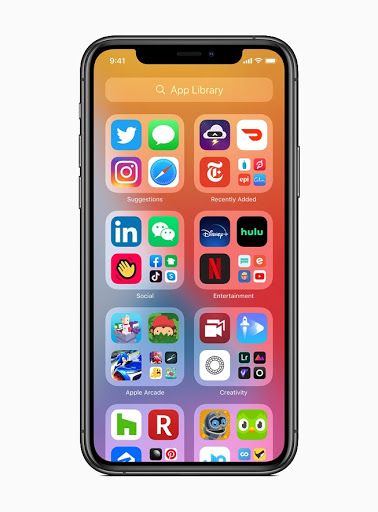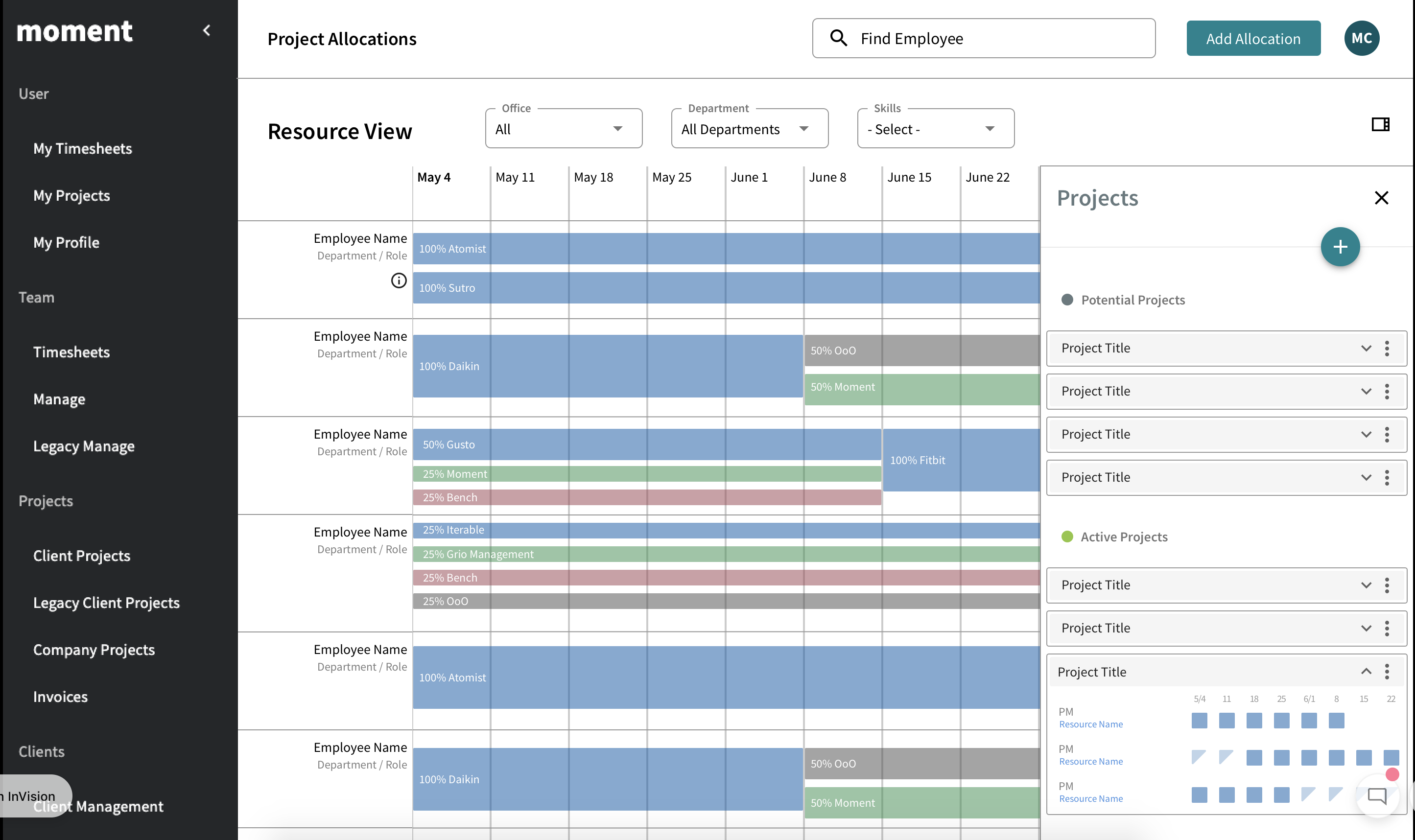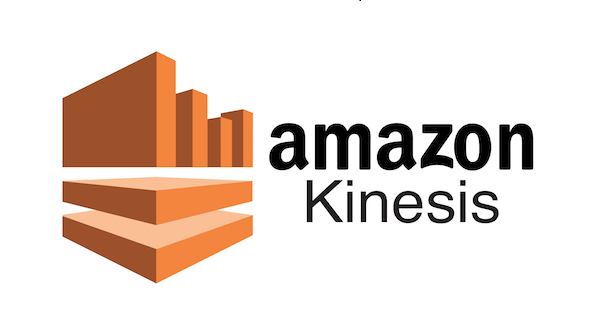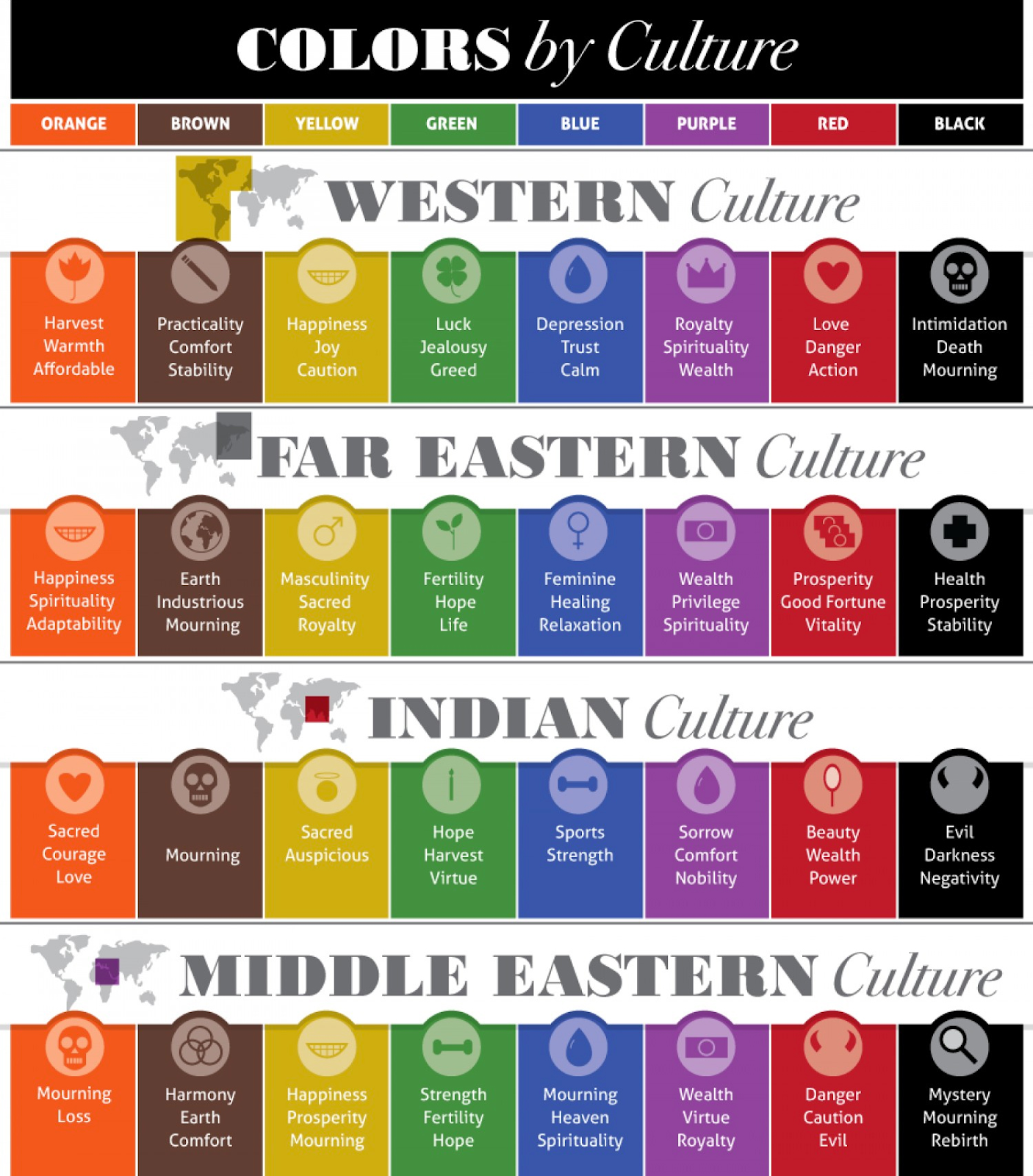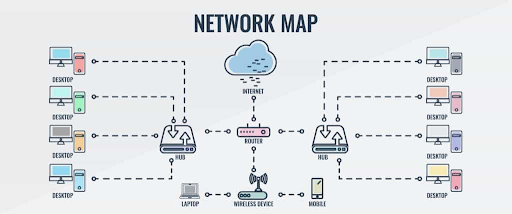Understanding PDF Generation with Headless Chrome
Headless browsers are currently gaining popularity as an efficient way to test web applications because they do not affect the user interface. In this post, I am going to discuss the benefits of Headless Chrome and two approaches for using Headless Chrome to automatically create PDF reports.




